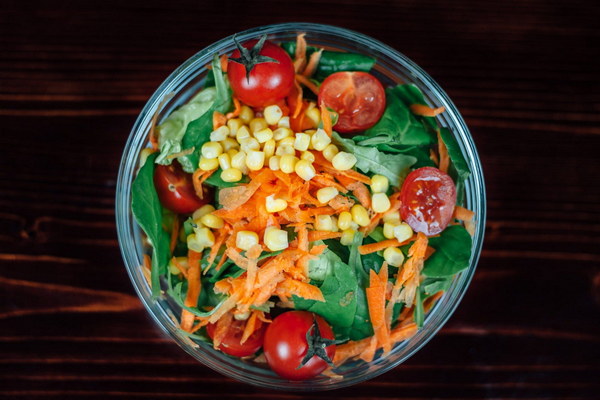The Impact of Pet Ownership on Lung Nodules A Comprehensive Look
Introduction:
The decision to own a pet is often met with excitement and joy, but for individuals with health conditions such as lung nodules, this decision can be more complex. Lung nodules are small, round masses that can form in the lungs and may or may not be indicative of a serious health issue. This article aims to explore the potential impact of pet ownership on individuals with lung nodules, considering both the benefits and risks associated with having a furry friend.
Benefits of Pet Ownership for Individuals with Lung Nodules:
1. Emotional Support:
Pets can provide invaluable emotional support to individuals dealing with health conditions. The companionship and affection from a pet can help reduce stress and anxiety, which are common in patients with chronic illnesses.
2. Physical Activity:
Owning a pet often comes with increased physical activity. Walking a dog, playing with a cat, or simply caring for a pet can help individuals with lung nodules maintain a healthier lifestyle, which is crucial for managing their condition.
3. Improved Lung Function:
Studies have shown that pets can improve lung function in some individuals. The act of petting an animal can stimulate the respiratory system and increase oxygen intake, which may benefit those with lung nodules.
Risks of Pet Ownership for Individuals with Lung Nodules:
1. Allergens:
Many pets, such as cats and dogs, can trigger allergic reactions in individuals with lung nodules. Allergens like dander, saliva, and urine can worsen respiratory symptoms and potentially increase the risk of complications.
2. Exposure to Toxins:
Pets can carry indoor allergens and outdoor toxins that could exacerbate lung nodules. For example, mold, pollen, and second-hand smoke can be introduced into the home through a pet's fur or by the pet itself.
3. Infections:
Pets can carry various infections, including bacteria and parasites, which can be harmful to individuals with weakened immune systems or lung conditions. It's important for pet owners to ensure that their pets are properly vaccinated and treated for parasites.
Balancing the Risks and Benefits:
To determine whether pet ownership is suitable for individuals with lung nodules, it's essential to consider the following factors:
1. Allergen Sensitivity:

If an individual is highly allergic to pets, the risks may outweigh the benefits. In such cases, it may be best to avoid owning a pet or to consider pet-free alternatives, such as fish or cacti.
2. Pet Hygiene:
Regular grooming and cleaning of the pet can help reduce the risk of allergens and infections. Keeping the living environment clean and maintaining good hygiene practices can also help mitigate the risks associated with pet ownership.
3. Health Status:
It's crucial for individuals with lung nodules to consult with their healthcare provider before bringing a pet into their home. A healthcare professional can provide personalized advice based on the individual's specific health condition and risk factors.
Conclusion:
The decision to own a pet with lung nodules is not one to be taken lightly. While pets can offer significant emotional and physical benefits, the risks associated with allergens, toxins, and infections cannot be ignored. By carefully considering individual health factors and taking appropriate precautions, individuals with lung nodules can weigh the pros and cons of pet ownership and make an informed decision that aligns with their overall health and well-being.









